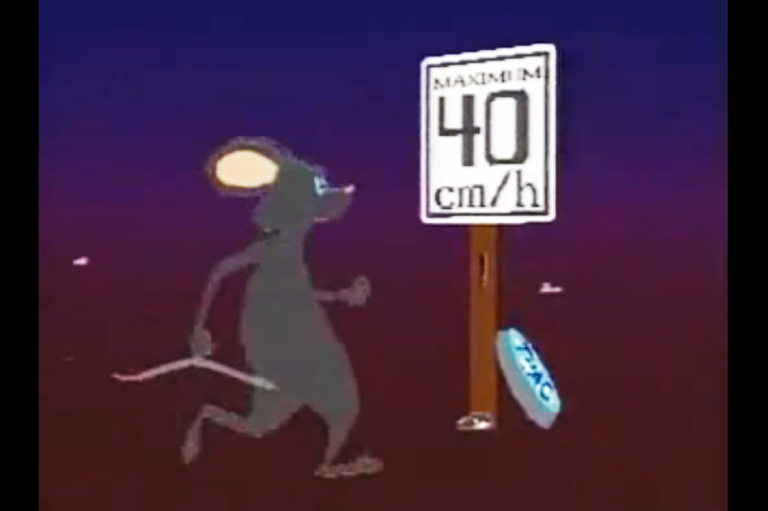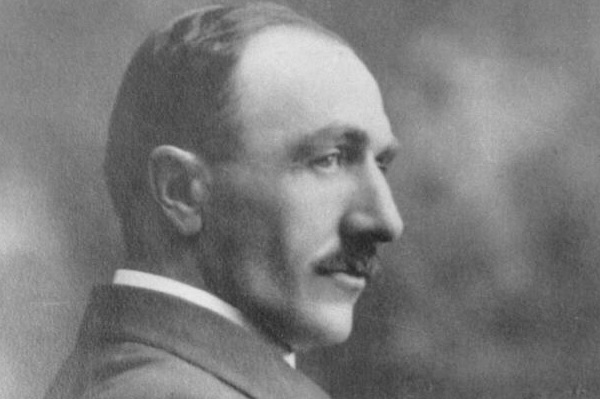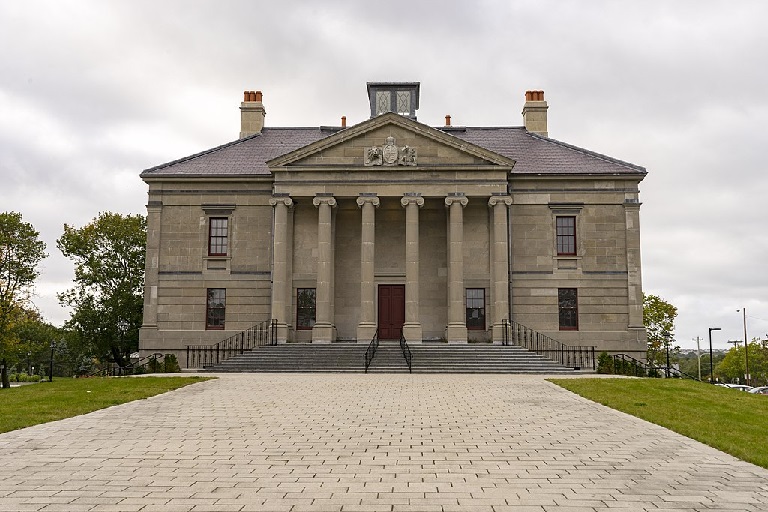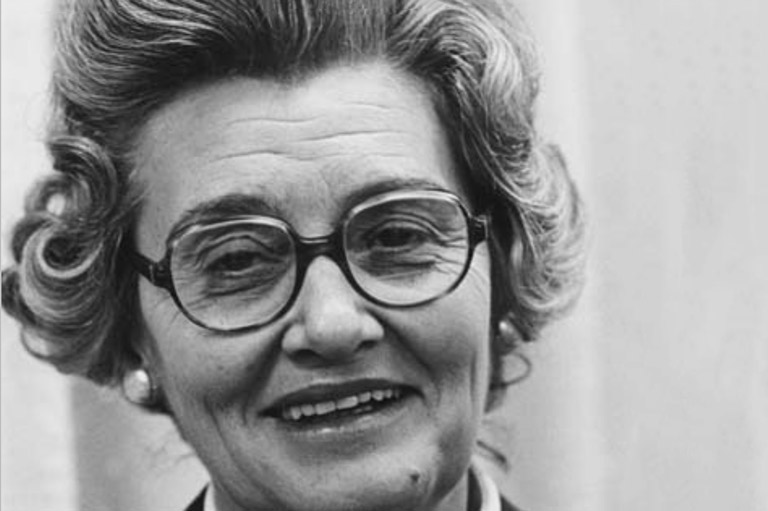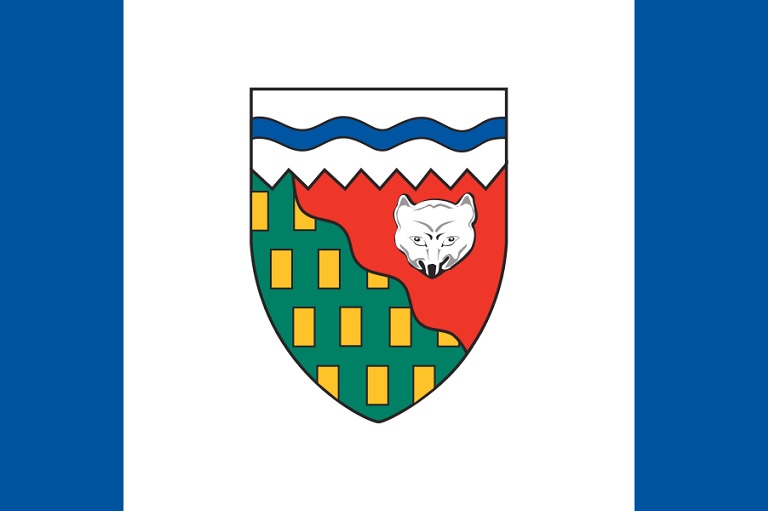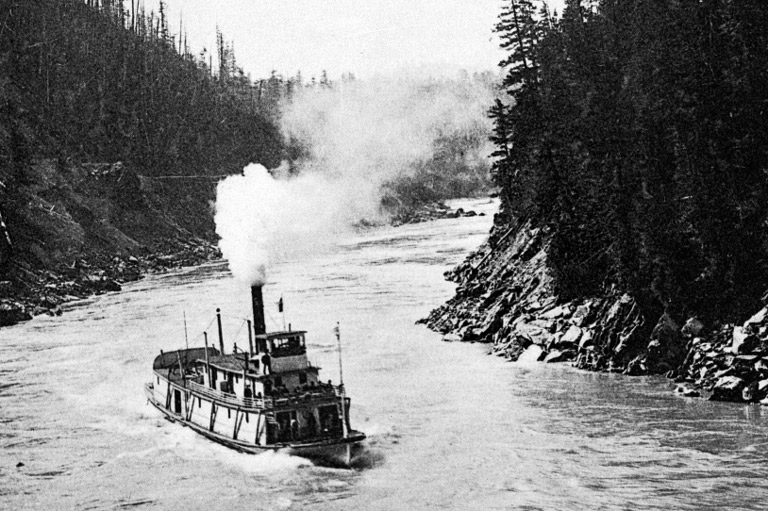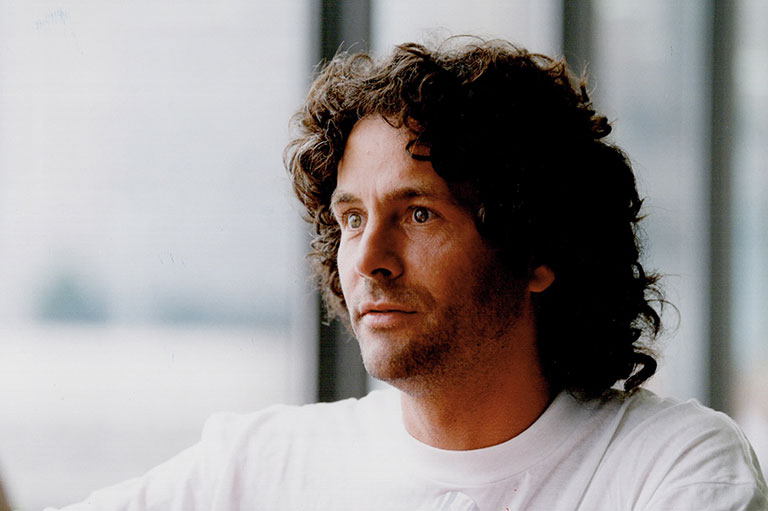Uniting for Change in Postwar Ontario
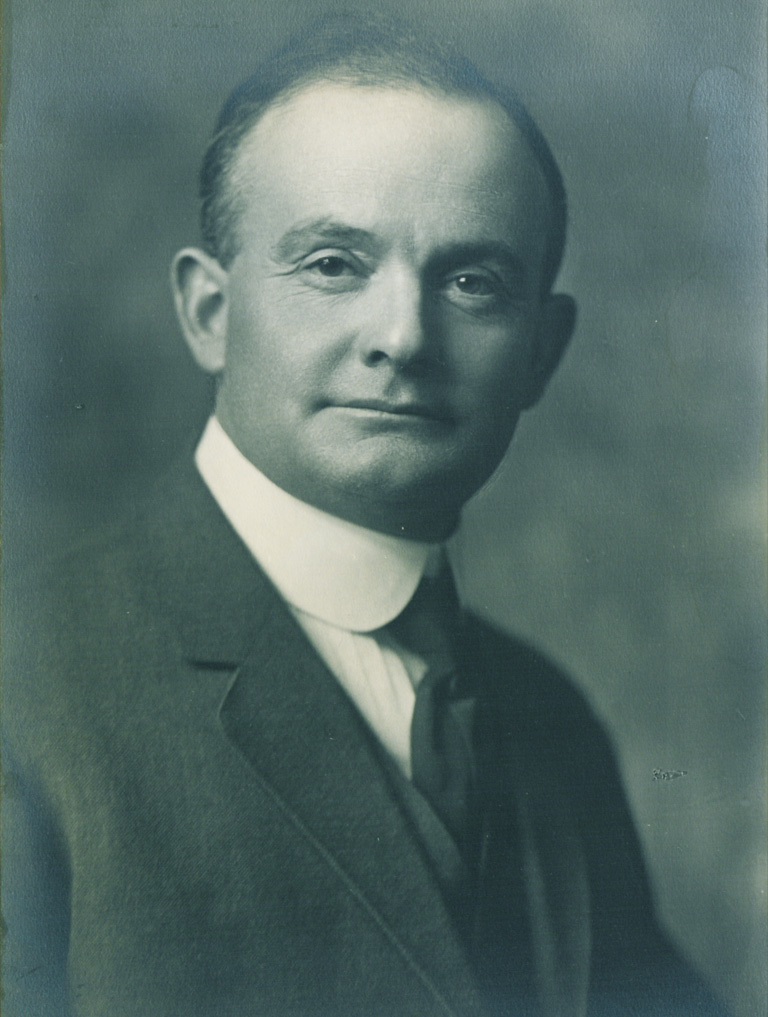
In Ontario’s 1919 general election, residents elected a non-traditional third party to the Legislature – the first in the province’s history. The new party defeated William Hearst’s Conservative government, who led the province during the First World War — and all without having a designated party leader.
When the United Farmers of Ontario (UFO) was created in 1914, they didn’t anticipate forming the Provincial government just a few years later. In fact, they weren’t even a political party.
Created to replace a collection of farm organizations that had collapsed in previous years, the UFO began as more of a lobbyist group to provide support to farmers. However, as the war progressed and economic conditions worsened from labour shortages and inflation, the UFO saw its membership increase.
The turning point came in May of 1918 when the Federal government reneged on an agreement to exempt farmers from conscription. Already suffering from a labour shortage caused by the war's increased demand for production, thousands of farmers from Ontario, Quebec and Alberta organized a march to Ottawa in protest. The Federal government ignored their voices.
Shortly after, the UFO organized a convention in Toronto where the future political party began to emerge.
When Ontario was faced with a general election in 1919, many people were dissatisfied with both the provincial and federal governments. Neither had been able to alleviate post-war unemployment and war veterans were angered by the lack of support they received after the war. Conditions were ripe for constituents to look to alternative parties.
Members of the UFO, in cooperation with the Independent Labour Party (ILP), began to run local campaigns. Without much direction or organization from UFO’s central office, candidates campaigned in rural areas on primarily agrarian issues.
When the election results came in on October 20, 1919, history was made. The vote was divided between traditional Conservative and Liberal voters and the UFO won a plurality with 44 seats to form the Ontario government. The Conservatives were reduced to 25 seats from 77, while the Liberals lost two seats, falling to 28.
The UFO formed a coalition with the ILP, who had captured 11 seats, and elected former Liberal E.C. Drury as their leader and Ontario’s Premier. However, obtaining power proved easier than managing it.
As time wore on, contradictions emerged between the UFO and the ILP, post-war problems seemed unsolvable and many, including Premier Drury, found it difficult to abandon their former party loyalties. Drury suffered a crushing defeat to the Conservatives in 1923 and the UFO voted to take the organization out of politics.
Despite the contradictions and problems of the Drury government and the UFO, their time in power was not without rewards and achievements.
The UFO helped one of Canada’s greatest female leaders and social activist, Agnes Macphail, get elected to the Federal government. Macphail represented the rural Ontario riding of Grey South East for the United Farmers of Ontario in the federal election of 1921, becoming the first woman elected to Parliament. Thus began a long political career, during which Macphail championed for many causes, including worker's rights, gender equity and prison reform.
Also during his tumultuous term, Premier Drury provided a grant to two unknown researchers. The recipients were none other than Frederick Banting and Charles Best, who would go on to discover insulin.
Ontario’s election of 1919 was certainly a game-changer. It broke with the past and unknowingly provided groundwork for the future. The UFO’s success in the election demonstrated the power of cooperation and collective action, and laid the foundation for the third-party politics that emerged during the Great Depression.
Themes associated with this article
Advertisement

